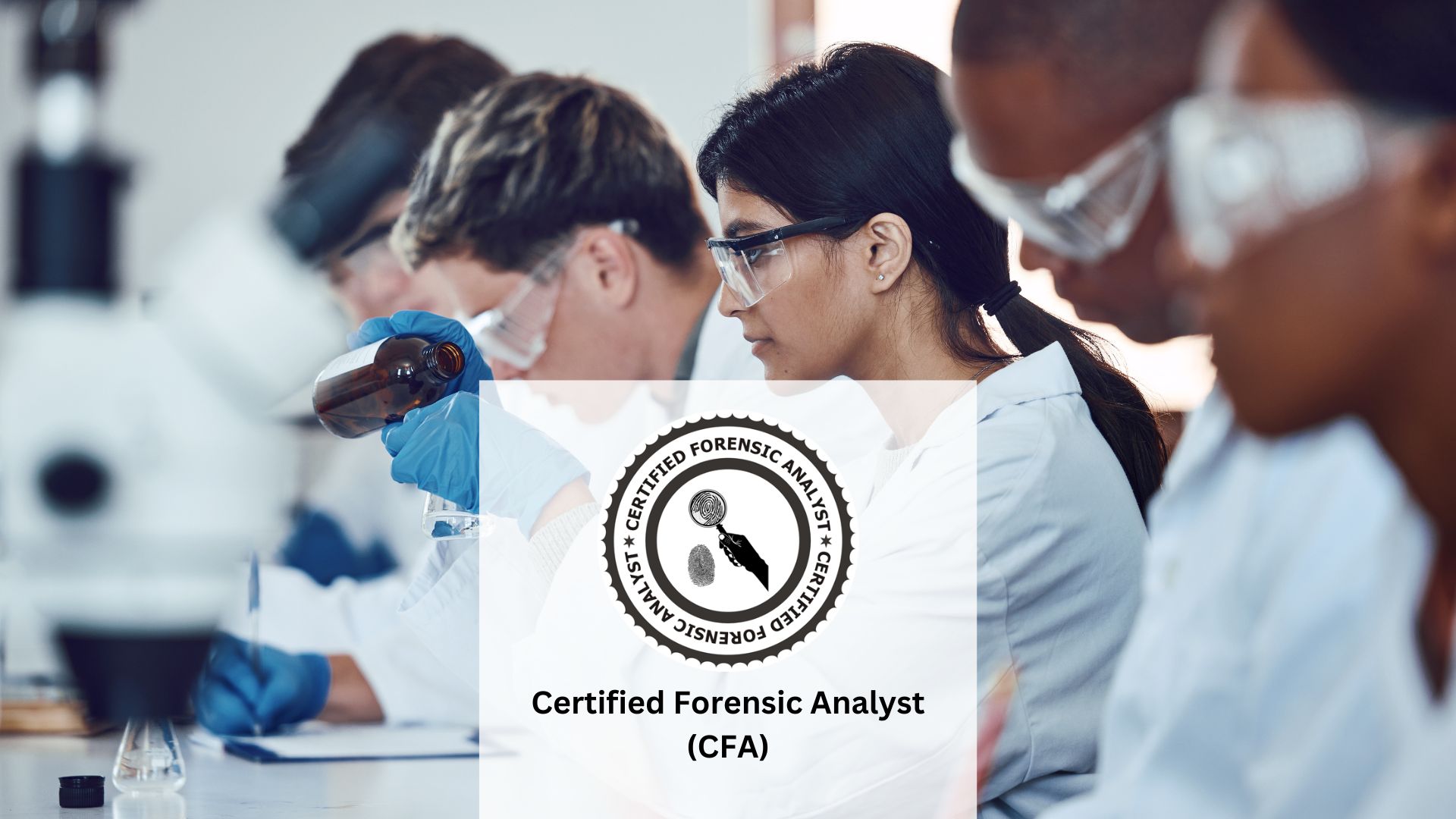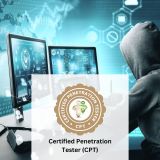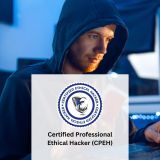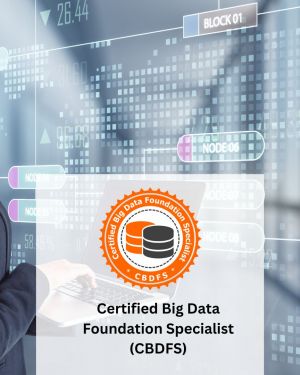The career of computer forensic analyst comes with many titles such as, digital forensic examiner, forensic computer examiner, forensic computer analyst and computer forensic detective. Regardless of title, these forensic professionals are in charge of proper handling of all digital media involved in criminal cases.
The Certified Forensic Analyst (CFA) is for professionals working in the information security, computer forensics, and incident response fields. The certification focuses on core skills required to collect and analyze data from Windows and Linux computer systems.
Another option for a career as a computer forensic analyst is within the business sector and involves finance management, economics and market analysis.
Day-to-Day Job Duties of a Computer Forensic Analyst
The job duties of a computer forensic analyst will vary, depending on the area chosen to work in. Most often, a computer forensic analyst will find their job requirements to include recovering deleted emails, recovering data that has been deleted or encrypted, and uncovering passwords.
The data that is recovered through these techniques will then be used by law enforcement officials to help with ongoing investigations. Depending on the type of evidence that is recovered, the data may also be used as evidence in court.
Career Opportunities
There are a number of options available for computer forensic analysts. Large companies employ many computer forensic analysts in order to keep their computer files secure. Law enforcement jobs for computer forensic analysts involve working directly with police officers and detectives to help solve cyber crimes. Many people choose to work as a consultant.
The GAQM certifies that candidates have the knowledge, skills, and ability to conduct formal incident investigations and handle advanced incident handling scenarios, including internal and external data breach intrusions, advanced persistent threats, anti-forensic techniques used by attackers, and complex digital forensic cases.
E-Course Duration: 30 to 35 Hours
Exam Pattern: The exam comprises of 40 Multiple Choice Questions out of which the candidate needs to score 80% (32 out of 40 correct) to pass the exam.
Duration of the Exam: The total duration of the exam is 1 hour (60 Minutes).
Exam Format: The exam is conducted in a non-proctored mode and can be taken anytime and anywhere within an eight-month validity period.
Upon purchasing the Premium Package or an Exam Voucher Code, a voucher code with two attempts will be assigned to your login profile under the “My Vouchers” tab. You can then take the exam through the “My Exam(s)” tab in your profile. To take the exam, simply apply the voucher code.
Retaking of the exam: The Exam Voucher included in the Premium Package or purchased separately is valid for two (2) attempts. If you are unable to pass the exam within these two attempts, you can purchase a new voucher code, which will grant you an additional two attempts. Kindly Note: The voucher will not be valid for a second attempt if you pass the exam on your first attempt.
Certification Validity: The Certified Forensic Analyst (CFA)™ Certificate is valid for life.
Course Outline
Module Information – 1
- Module 1 – The Goal of the Forensic Investigation
- Module 2 – How to Begin a Non−Liturgical Forensic Examination
- Module 3 – The Liturgical Forensic Examination: Tracing Activity on a Windows−Based Desktop
- Module 4 – Basics of Internet Abuse
- Module 5 – Tools of the Trade
- Module 6 – Network Intrusion Management and Profiling
- Module 7 – Cyber Forensics and the Legal System
Module Information – 2
- Module 8 – Federal and International Guidelines
- Module 9 – Searching and Seizing Computers
- Module 10 – Computer Crime Policy and Programs
- Module 11 – International Aspects of Computer Crime
- Module 12 – Privacy Issues in the High−Tech Context
- Module 13 – Critical Infrastructure Protection
- Module 14 – Electronic Commerce: Legal Issues
Module Information – 3
- Module 15 – Legal Considerations
- Module 16 – Encryption
- Module 17 – Intellectual Property
- Module 18 – Forensics Tools
- Module 19 – Forensic and Security Assessment Tools
- Module 20 – How to Report Internet−Related Crime
- Module 21 – Internet Security
Target Audience
- Law enforcement officials (primarily at the Federal and State levels)
- Department of Defense officials
- High level E-Commerce Security professionals
- Network System Administrators
- Financial Audit professionals
- Seasoned IT Managers









